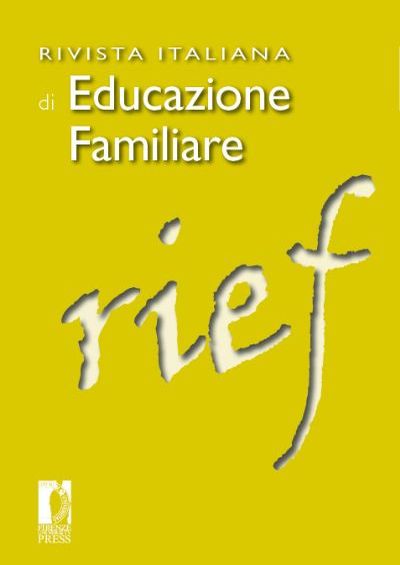Economic poverty, educational poverty, vulnerability, social exclusion are all words that today more than ever are associated in socio-demographic studies and social policies with the words family, children, adolescents.
In Italy, the pandemic that is affecting the lives of millions of families has only aggravated an already precarious condition: families in absolute poverty increased by 335 thousand units in 2020, two million in total (Istat 4 March 2021).
In a condition of continuous socio-economic decline that primarily affects families with children especially if numerous, social policies and services are called upon to grapple with the challenge of accompanying families in conditions of social vulnerability – i.e. those families who pass from a precarious condition of well-being they to a condition of economic, but also social and cultural poverty.
Educational services for children are among the first social infrastructures to intercept frailties and have for some time been developing hypotheses of interventions aimed at supporting parenthood with actions often underutilized by families in situations of greater social isolation.
Today, faced with the challenge of poverties – declined in the plural – that affect families with preschool children, educational services are undergoing a phase of redesigning and defining their scope of intervention, opening projects dedicated to families through collaborations with social and health services.
The challenge is to learn to work together between different sectors of intervention (school, nurseries, social and health services, social and cultural associations) and to build projects that support vulnerable families on the one hand and, on the other hand, work on territories to activate the educational resources of the community.
This is perhaps the most complex and at the same time the most useful field of intervention nowadays. Facing poverties, declined in the plural, affecting families with children requires the ability to recompose between lines of intervention by putting people at the centre and simultaneously supporting the most fragile families in paths of emancipation from the disadvantage and facilitating adequate and lasting living conditions and active inclusion in society.
The call we are presenting emerges from the experience achieved in the management of Ali per il Futuro, an experimental project financed by the social enterprise Con I Bambini to combat educational poverty thanks to the partnership network between seven social cooperatives, six training institutions, the University of Florence and the University of Bologna for supervision andArco for social impact assessment.
The project, carried out in various Italian regions (Emilia Romagna, Tuscany, Valle d’Aosta andPuglia), has supported over 160 vulnerable families with children aged between 0 and 6 years in two-year emancipation paths through the introduction of the figure of case manager and the co-construction of a family project subdivided into actions for the care and education of children, support for parenting, training and career guidance for one of the two parents(https://percorsiconibambini.it/aliperilfuturo/).
The call solicits theoretical and empirical, national and international research contributions on the following topics:
1. Experiences of case management in the educational and social field in favor of families with minor children
2. Theories and methodologies that support a holistic approach in supporting families with minor children
3. Experiences of functional integration between different areas of intervention in favor of fragile families (social services, educational services, school, health, cultural institutions, training and career guidance bodies, housing agencies)
4. Studies and research on social isolation and the difficulties of vulnerable families in accessing services
5. Design of interventions to support parenting and to facilitate access for the most vulnerable families
Papers must have a maximum extension of 7.000 words (including footnotes and bibliography). For editorial criteria, please refer to the editorial standards available on RIEF’s website.
Papers received will be evaluated according to the double-blind peer review system.
Accepted languages: Italian, English, French, Spanish, and Portuguese.
Papers must be uploaded to RIEF’s OJS platform no later than 31 october 2021, upon registration of the Author/Authors.

